Do you ever wonder where birds go at night? Do they sleep like we do? Are they warm enough on cold nights? Does a bright moon keep them awake? Many of us, young and old, ask these same questions. So we at the Chirp Nature Center have decided to answer some basic FAQs about birds and their nighttime activities. Enjoy!
Diurnal vs. Nocturnal Birds
The first thing we need to differentiate when asking the title question is: which birds are we talking about? Many people think all birds are diurnal, or active during the day and asleep at night, but that’s not so. Think of the owl, who (no pun intended) hunts their prey at night. The aptly named nighthawks and nightjars do the same. These and other nocturnal birds typically sleep during the day and wake up as the sun is setting to start their activities. But since most birds are diurnal, they follow the same basic sleep schedule as most humans.
Where Do Birds Go at Night?
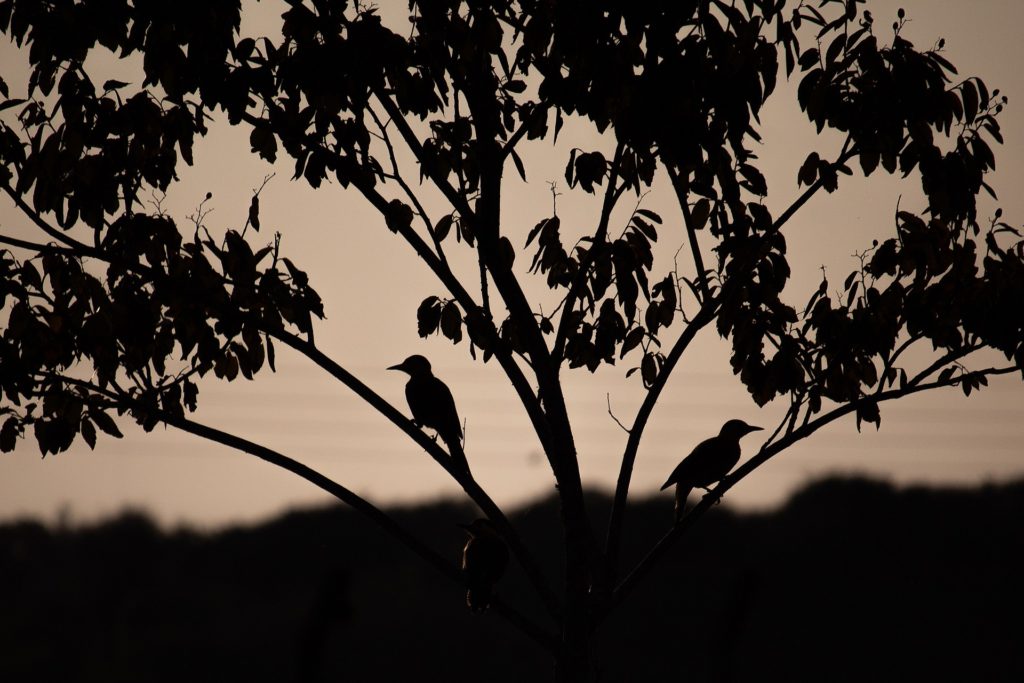
Diurnal birds find safe, sheltered places to roost for the night. They often seek out dense foliage, cavities and niches in trees, or perch high in tree foliage, and other places where they are away from predators and protected from weather. Smaller birds, like finches and cardinals, will perch high in trees and close to tree trunks, which often still hold the sun’s warmth from the daytime. Other birds make use of birdhouses and nesting boxes—especially if they can count on food and water close by. They also may take advantage of sheltered places like barns, roofs, and ledges to roost under. As for ducks and other waterfowl, they sleep floating in water, while wading birds like herons and egrets sleep standing in water or on land.
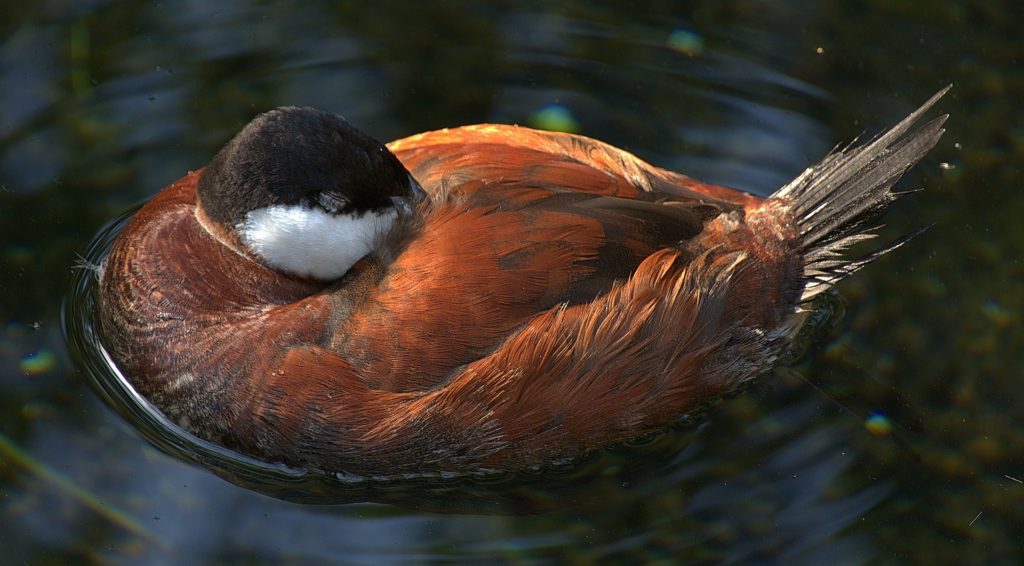
Do Birds Sleep in Nests?
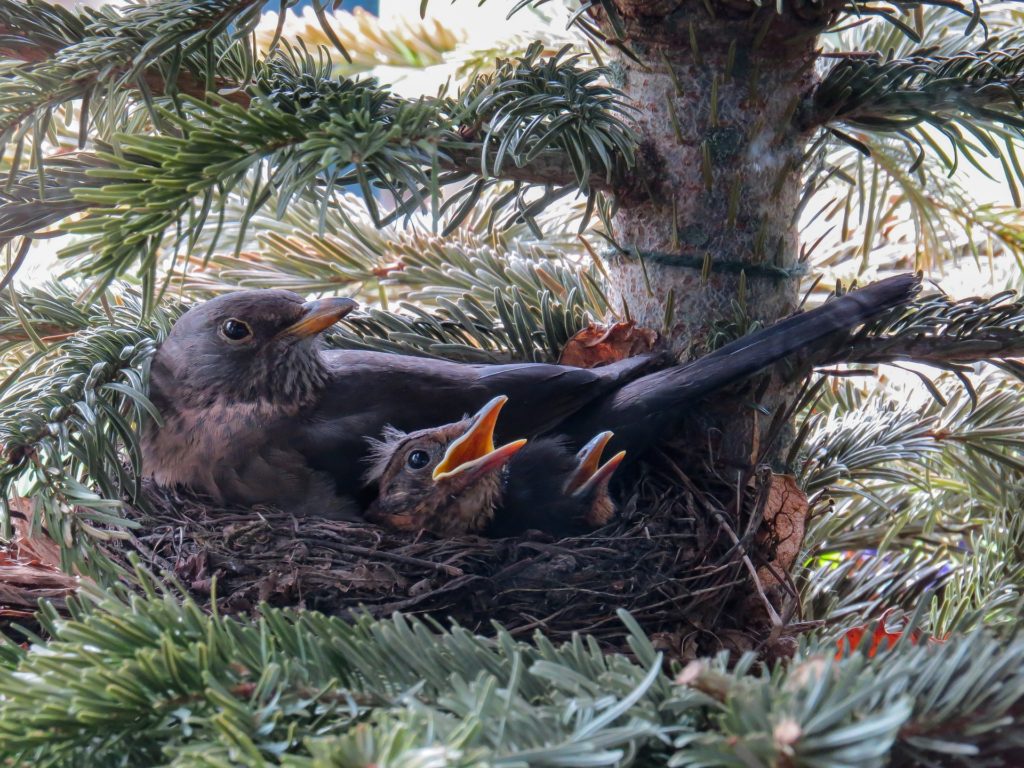
There is a mistaken notion that birds sleep in nests at night, but birds use nests for incubating eggs and raising their young. During nesting seasons, birds will sleep in nests at night to provide their eggs or young with needed warmth and protection against predators. But once young birds are old enough to leave the nest, parent birds will leave it also, without returning.
How Do Birds Sleep?
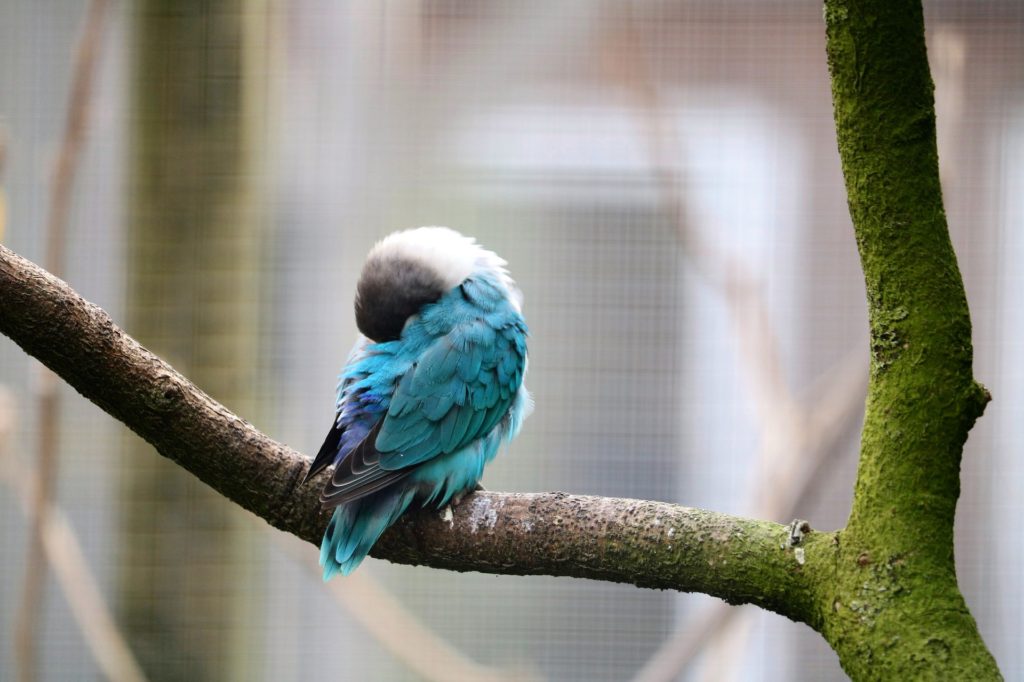
It probably won’t surprise you that many bird species huddle together at night while sleeping. This has two advantages: it keeps them warm while providing more protection against predators. Passerines, or perching birds like bluebirds and chickadees, will sleep standing or sitting with their feet clasped to perches. Their claws will tightly lock, preventing them from falling. During sleep, most birds will puff up their feathers and tuck their feet and bill into the feathers to protect them and keep them warm; less body heat is lost while in this position. Most birds go into a half-conscious state while sleeping, which allows them to rest while at the same time remaining alert to danger.
Why Do Some Birds Sing at Night?
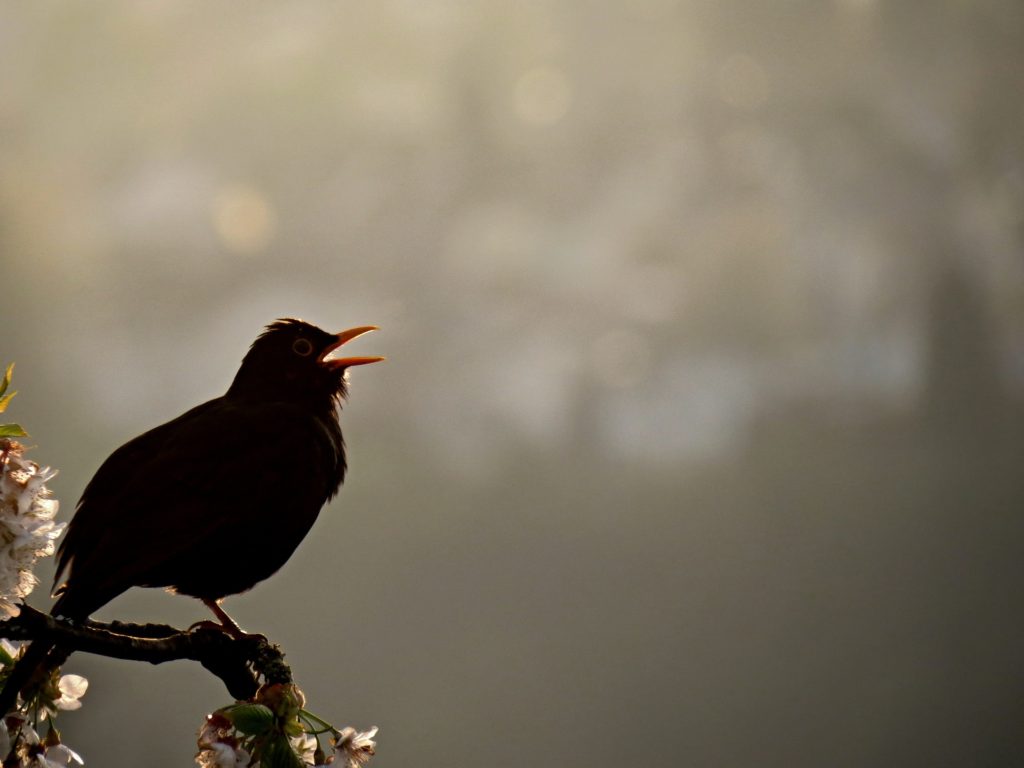
Likely you’ve heard, or been woken up by, bird song in the middle of the night. There are a few reasons for this. One is that certain birds use the quiet nighttime hours to make the most out of their mating calls—after all, the less competition, the better, right? Other birds may be migrating in the wee hours of the morning, singing along the way. Still others might have their sleep disturbed by artificial lighting from buildings and homes, awakening them from their slumber and confusing them that night has turned to day. Depending on where you live, you may hear a robin, sparrow, or warbler—among other songbirds— serenade you in the wee hours.
What Do Birds Do on Stormy Nights?
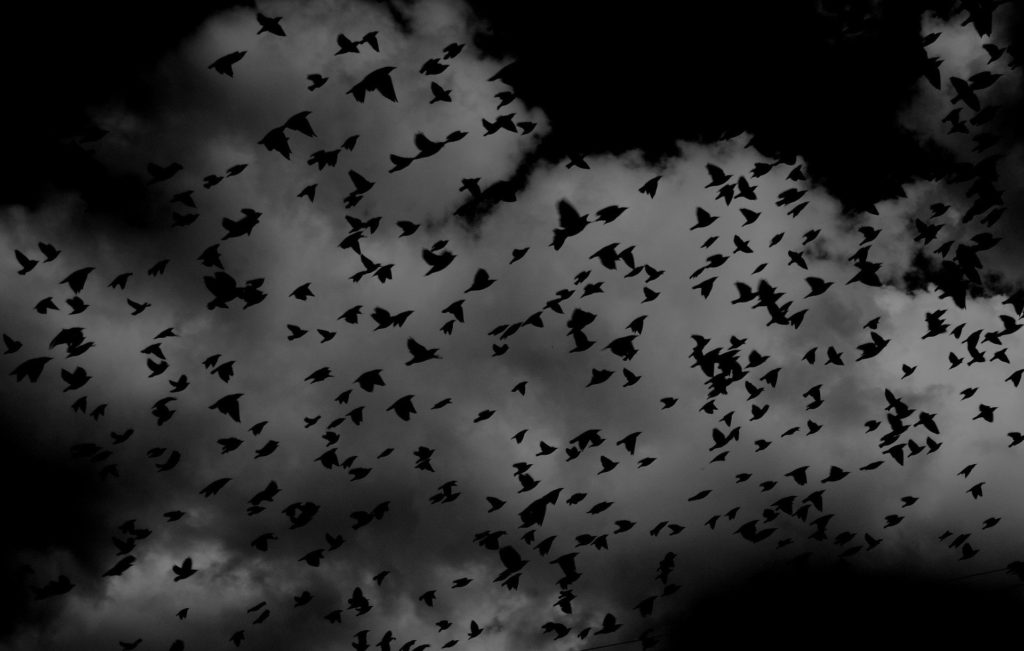
Ever wondered what birds do on particularly rainy, snowy, and cold nights? Since birds are used to finding shelter during these times, they typically roost in the same sheltered places they find during calm weather. They may take extra precautions to make sure the spot is dense and deep enough to protect them from the inclement weather. What about during hurricanes and other extreme forms of weather? Birds are more adept at predicting the weather than humans, and many will fly ahead of the storm to someplace safe. Others will hunker down in tree holes, deep thickets, and in manmade structures like barns and sides of houses.
Where Can I Find More Bird Facts?
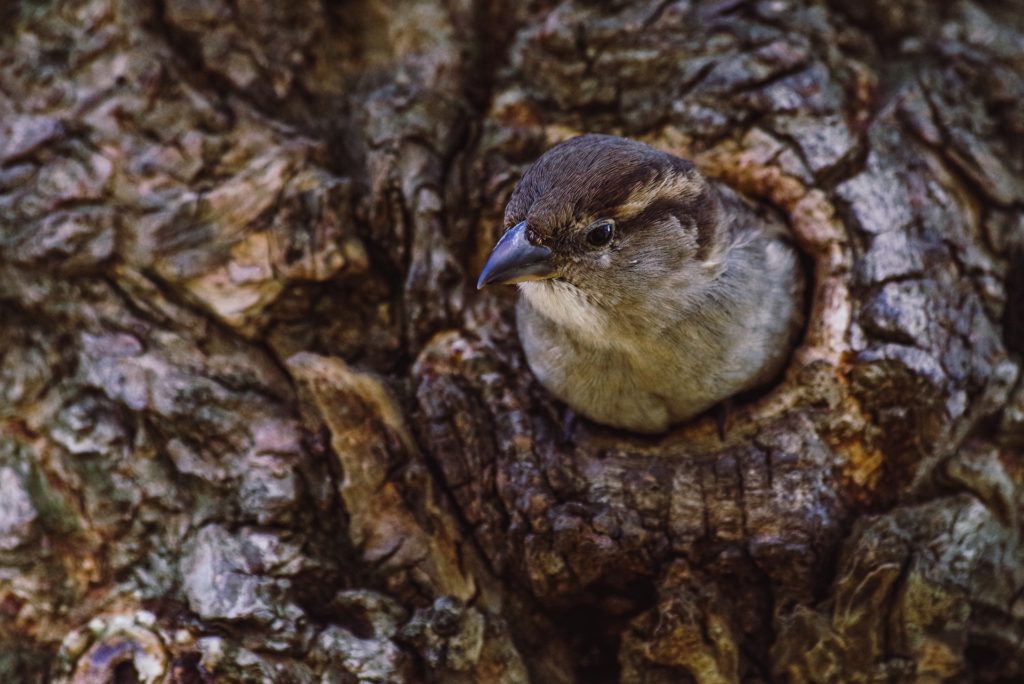
There are many fascinating online and print resources about birds, including the Chirp blog! Others include the bird experts at the National Audubon Society and the Cornell Lab of Ornithology. Of course, there are several books to peruse on the subject: some of our favorites include What It’s Like to Be a Bird and Why Do Bluebirds Hate Me: More Answers to Common and Not-So-Common Questions about Birds and Birding. And you’re always welcome to join us, live or virtually, for a guided bird walk through the Big Bear Valley, or a special bird talk about your favorite local birds. Check the Chirp Activities schedule for our next event.

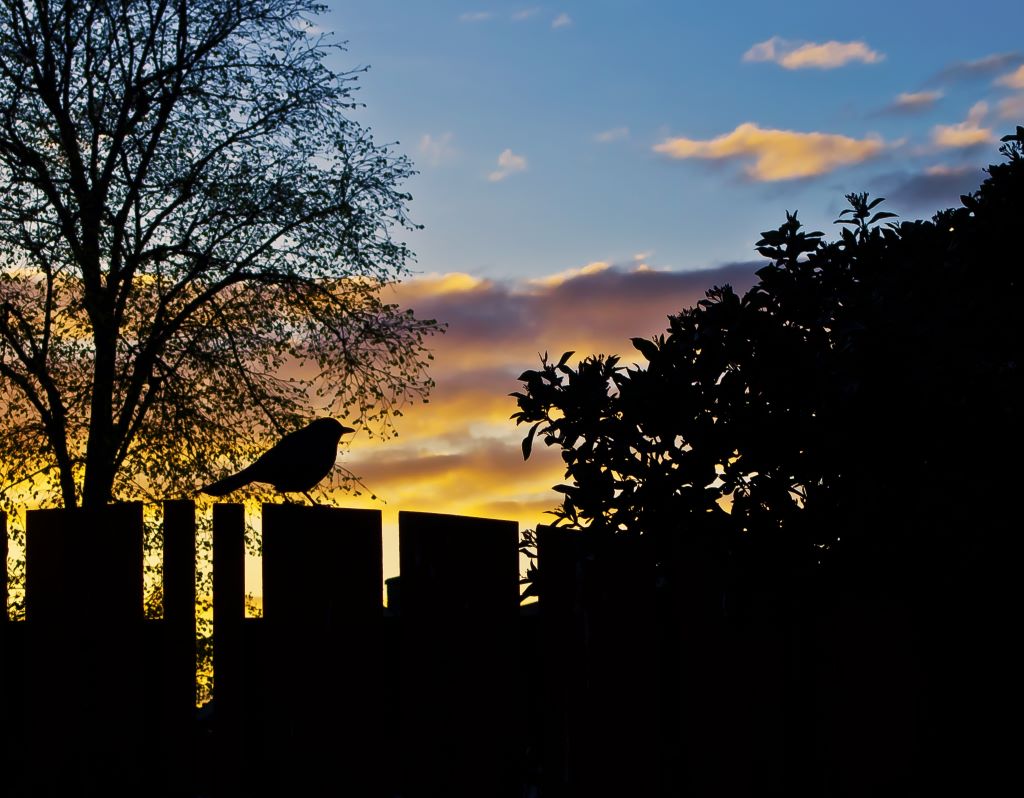
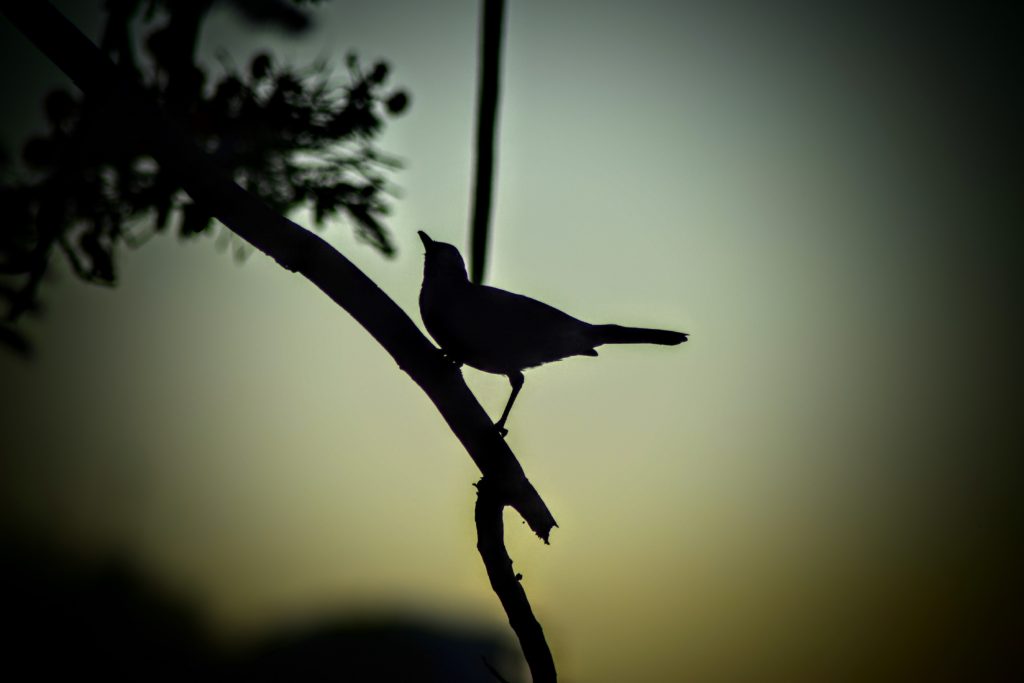
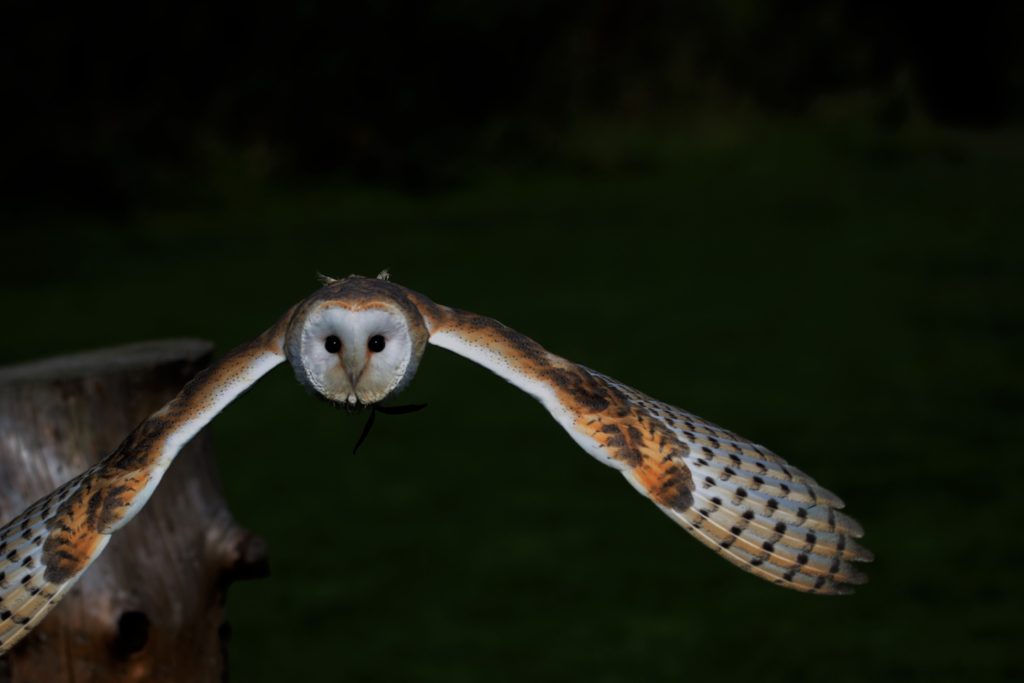

5 comments
Thank you for sharing this article!
Thanks for such interesting info! Looking forward to being up in Big Bear soon!
Thanks for this article on where birds sleep! I have always wondered that.
Very interesting article. Such a simple question but fascinating to think about.
This is a very informative article. Thanks for sharing with us.
We often see baby birds lying on the side of the road after storms. So I want an article on how to tell if a baby bird is dying.